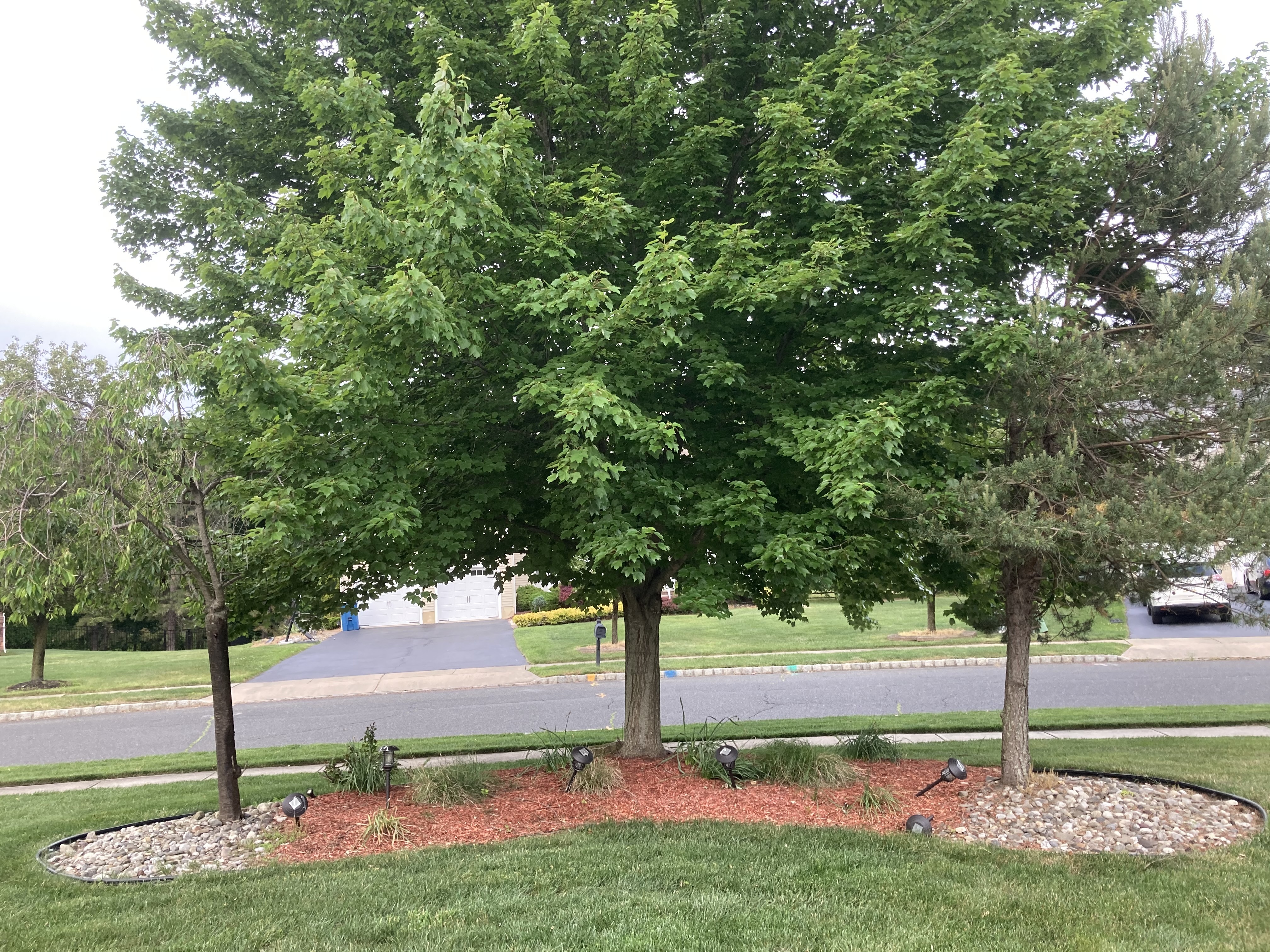The basic definition of biomass power is the use of perennial biomass feedstock for electricity generation and combined heat and power generation – a solution that replaces energy sources derived from coal, oil, and other natural gas power plants. Biomass substitutes these other energy sources.
So the question arises, what specific biomass is the most environmentally friendly in terms of climate and energy impact? At first, scientists looked at corn. Corn fits the standard definition of a perennial crop, as corn has a lifetime of more than three years. However, many studies have shown that corn is not much better than fossil fuel energy sources for the environment. However, perennial grasses have naturally high productivity and need fewer chemicals and water than food crops such as corn. If these grasses are to be implemented into our energy-producing systems, we will experience a massive decrease in carbon emissions over the next few decades. Biomass power is a potent tool that can help us eliminate high-carbon output sources of energy and enable us to have the same output of energy, all the while producing less carbon.
-
 Kimberly Humes 3/12/2023 11:23 PM
Kimberly Humes 3/12/2023 11:23 PM -
 NATHAN GE 6/03/2021 8:31 AMHi Manav
NATHAN GE 6/03/2021 8:31 AMHi Manav
Your research is very informative on the matter of biomass. It seems that there is a clear distinction in efficiency between different types of biomass. I wonder if there will be a gradual transition into greater use of efficient biomass as an energy source, or is that transition already underway. Also, I wonder what other types of biomass exist beyond corn and perennial grasses that may be even better biomass fuel sources in terms of sustainability and environmental impact.







